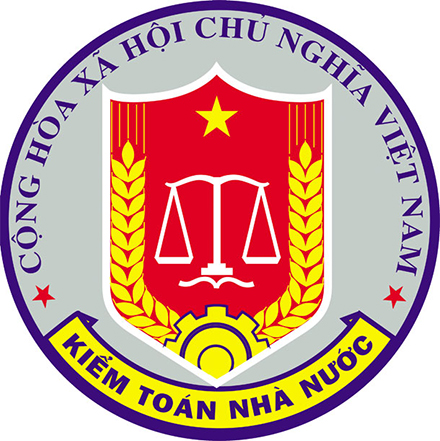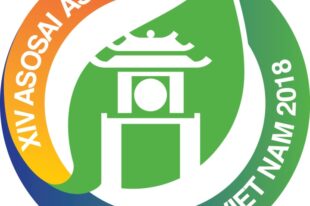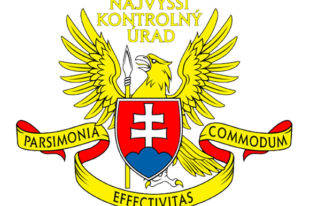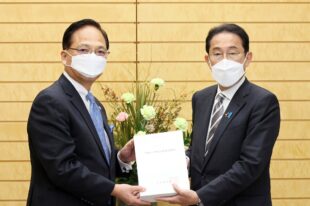Vietnam’s State Audit Office Continues Enhancing Development Following Constitutional Changes

by Dr. Dang Van Hai, Deputy Director General, Department of Legal Affairs, State Audit Office of Vietnam
The State Audit Office of Vietnam (SAV), established in 1994, became an independent institution in January 2014 through a new constitutional amendment, which enhanced the SAV’s legal status, independence and operations.
In June 2015, the National Assembly approved a new State Audit Law that included amendments and supplements addressing several public audit aspects, including audit report legal validity; access to the national database of audited organizations and audit-related agencies, organizations and individuals; rights to impose administrative penalties; and provisions for audited agencies, organizations and individuals to file complaints against SAV assessments and opinions.
Since the SAV’s evolution to an independent institution, the Auditor General has implemented numerous initiatives to improve audit standards, processes and records, such as the State Audit Standards System—a comprehensive system applicable to all audit types developed in compliance with International Standards of Supreme Audit Institutions (ISSAIs) and Vietnamese laws and practices. The SAV has gradually cultivated credibility with government and citizens; improved audit quality and efficiency; expanded audit operations; increased audit scope; and diversified audit forms and methods.
Overall, audit quality and efficiency has resulted in positive, comprehensive changes and has contributed to strengthened financial discipline, effective resource use and enhanced anti-corruption initiatives. Audit performance has led to increased state budget revenue and decreased expenditures and has positively influenced National Assembly and government decisions to improve economic and financial mechanisms, policies and laws. While the SAV has experienced many positive results, some audit practices have showed signs of weakness, which can be attributed to recent change in laws, ineffective organizational structure and poorly implemented coordination mechanisms between investigation, inspection, evaluation, audit and supervision agencies.
To address these limitations, the SAV recommends:
Enhancing the SAV’s legal base by conducting tax audits in line with the Constitution and International Organization of Supreme Audit Institutions (INTOSAI) practices; performing audits on all government bodies responsible for state budget expenditures, state enterprises that explore and use land and natural resources, and public-private partnership projects; and supplementing regulations on sanctions for violations against State Audit Law.
Consolidating the SAV’s organizational structure by developing more effective centralized management to overcome function overlap; facilitating central and regional specialized units; establishing additional regional offices; and building a resource pool of ethical, competent auditors.
Improving professional qualifications, capacity and ethics by refining recruitment, training and education efforts.
Modernizing audit methods and improving audit practice proficiencies by:
- Promoting pre-inspections to improve state budget asset management and utilization;
- Endorsing an audit planning methodology based on risk assessment and key issue identification;
- Establishing an information database on audit subjects;
- Determining audit scope in accordance with capabilities;
- Emphasizing audits on topics of public concern;
- Enhancing information technology use in audits and audit activities;
- Improving audit quality while underscoring comprehensive audit control and strengthened auditor responsibilities; and
- Increasing audit report value.





